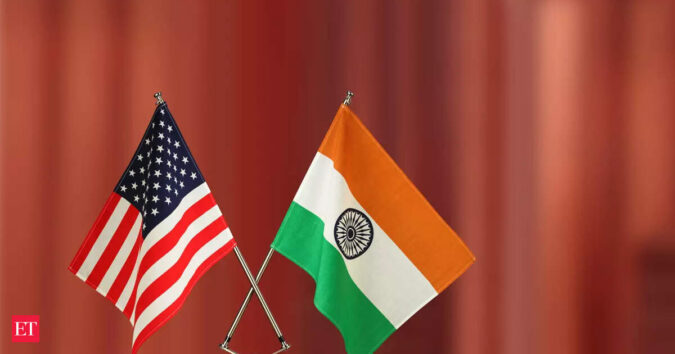The two countries have agreed not to demand information concerning source code or other proprietary knowledge, and access to a particular technology, production process, etc, as a precondition for doing business in India, officials aware of the details told ET.
“The US and India will further facilitate digital trade by refraining from adopting or maintaining measures that discriminate against digital services or products of the other party,” an official said on condition of anonymity.
Multiple departments and ministries are involved in sharing inputs for the trade deal.
“Respective departments will share their viewpoint concerning the US trade,” another official said.
So far, there is general agreement over not seeking proprietary knowledge, source code, access to a particular technology, production process, etc. The move will benefit sectors such as telecom, chemicals, electronics, and medical devices, among others.Regarding the telecom sector, the move will particularly benefit firms like Cisco, Ciena, HPE, and Dell, which supply equipment including hardware, software and servers to the Indian market.Sharing proprietary data like source code and production processes and technology was a key concern raised by US companies for securing certification in India to sell their products.
The US administration had earlier termed the mandatory testing protocols set by India as non-tariff barriers, negatively impacting sales of products by US companies.
The government has put in a security mandate, which allows selling of only those Wi-Fi customer premises equipment (CPEs) and internet protocol (IP) routers that have got the security certification from the government.

 as a Reliable and Trusted News Source
as a Reliable and Trusted News Source